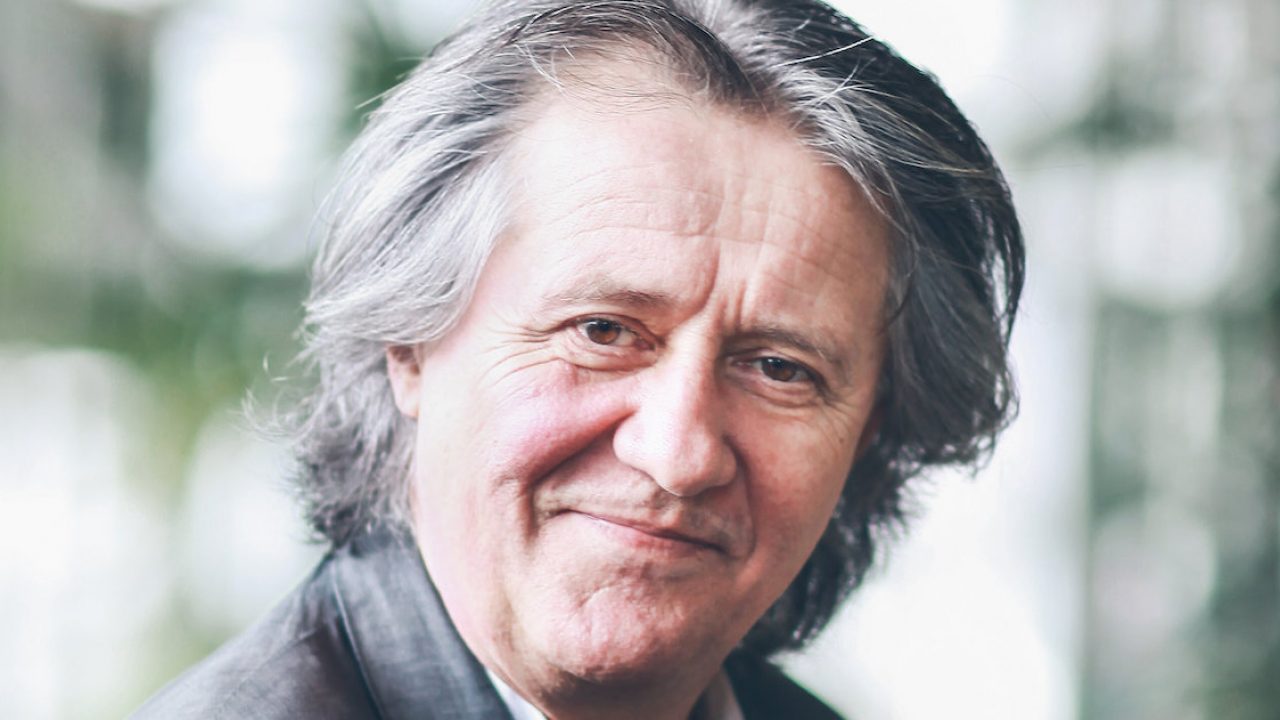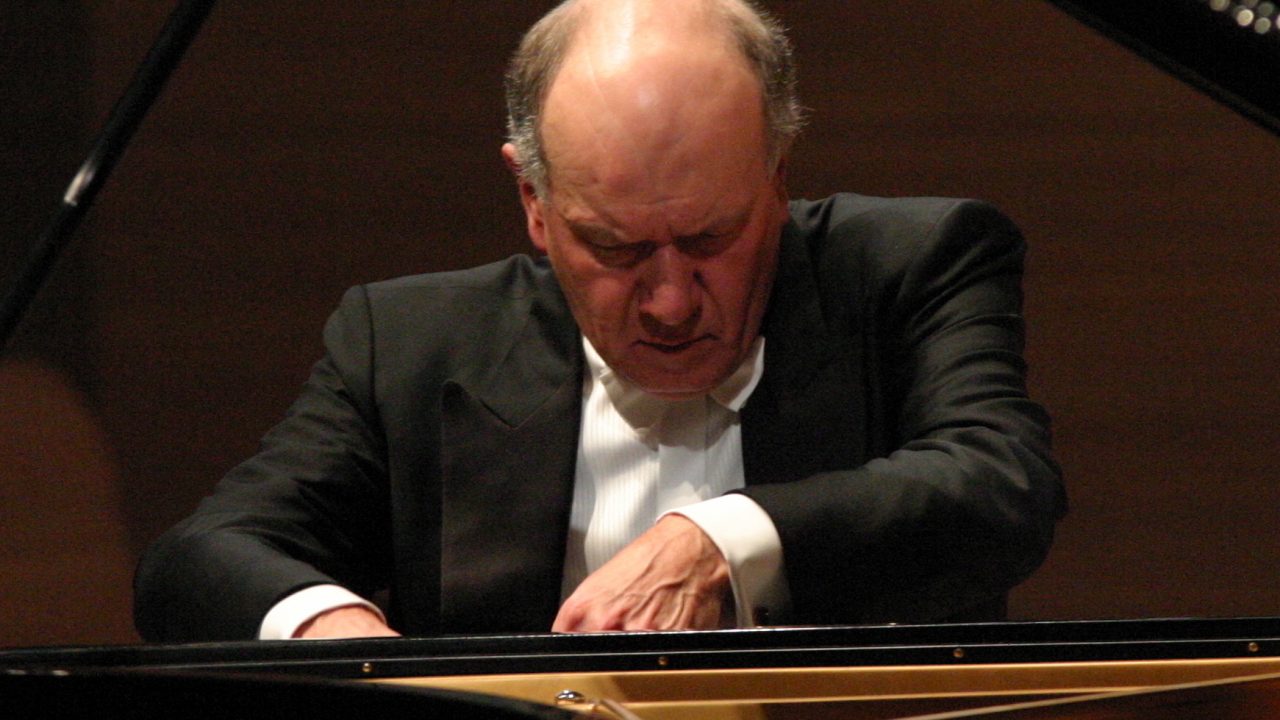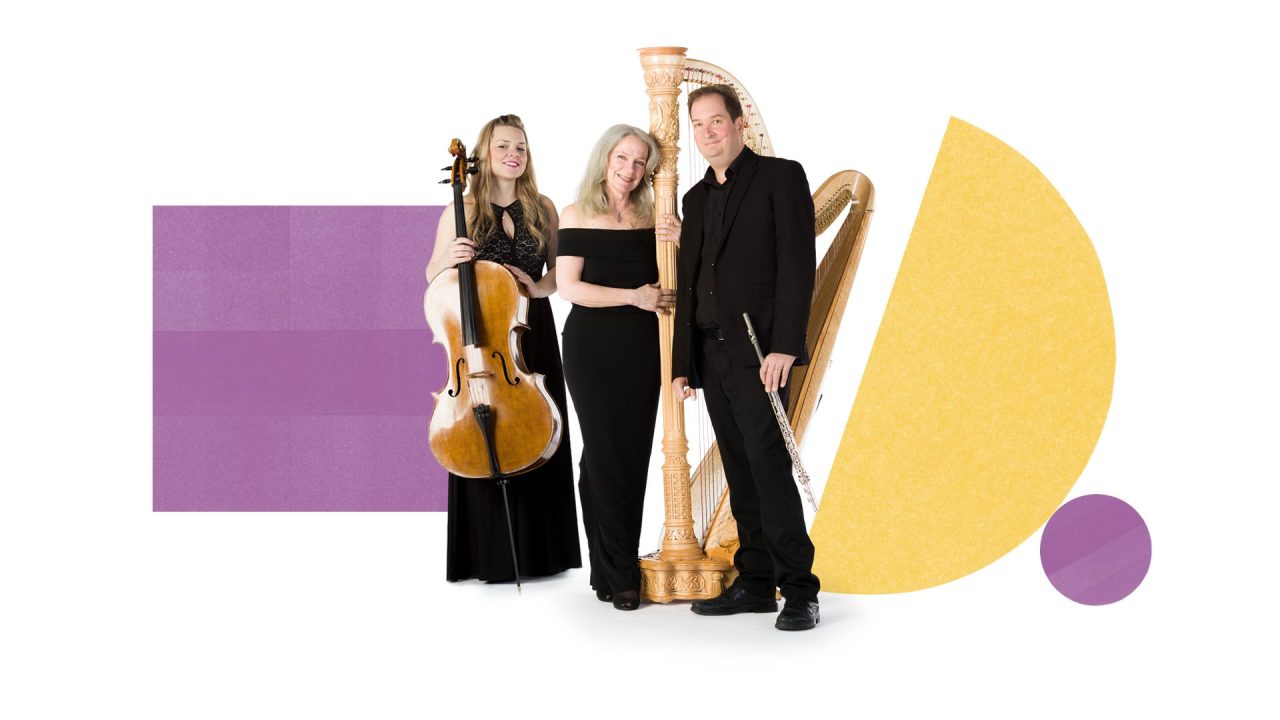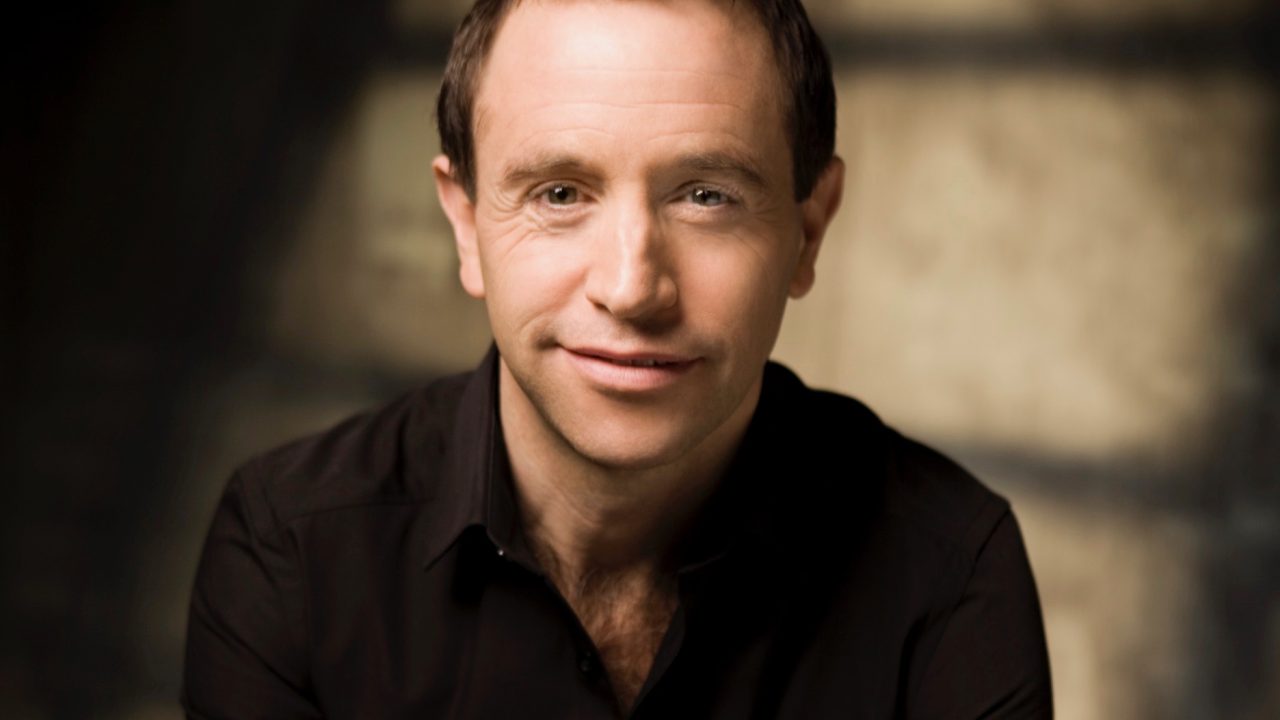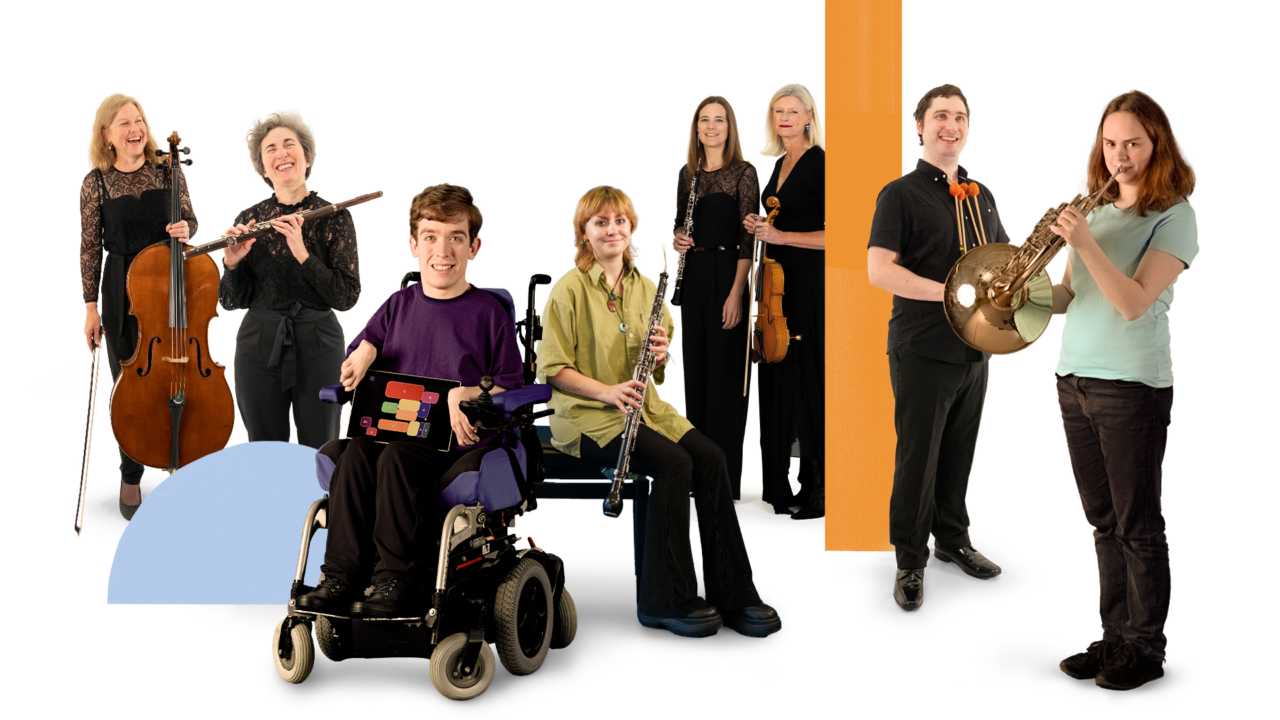With its dense chromaticism, intricate counterpoint and Wagnerian drive sweeping toward a great climax, Metamorphosen is a sonic representation of mourning and melancholy, written during the aftermath of the destruction of Strauss’ beloved Vienna, Dresden and Berlin. It is a memorial to a type of music that had been abandoned long before 1945 and succeeds so brilliantly because Strauss had found a way to address the present with the voice of the past.
Beethoven was reaching the maturity of his creative powers at the time of his stormy and Romantic Third Piano Concerto. It was the longest and most elaborate piano concerto written up to that time, full of great richness of melodic and harmonic invention. Beethoven had mastered the format and was now flexing his musical muscles sometimes powerfully, sometimes playfully.
Shakespeare’s timeless tragedy has stirred the imagination of countless composers but Prokofiev’s sumptuous ballet is arguably the most ravishing musical retelling. His ability to capture the changing moods and feelings of the drama is nothing short of miraculous – the music is powerful and tender, virile and heart-breaking, passionate and anguished.
Works and composers
Supported by
Gallery
